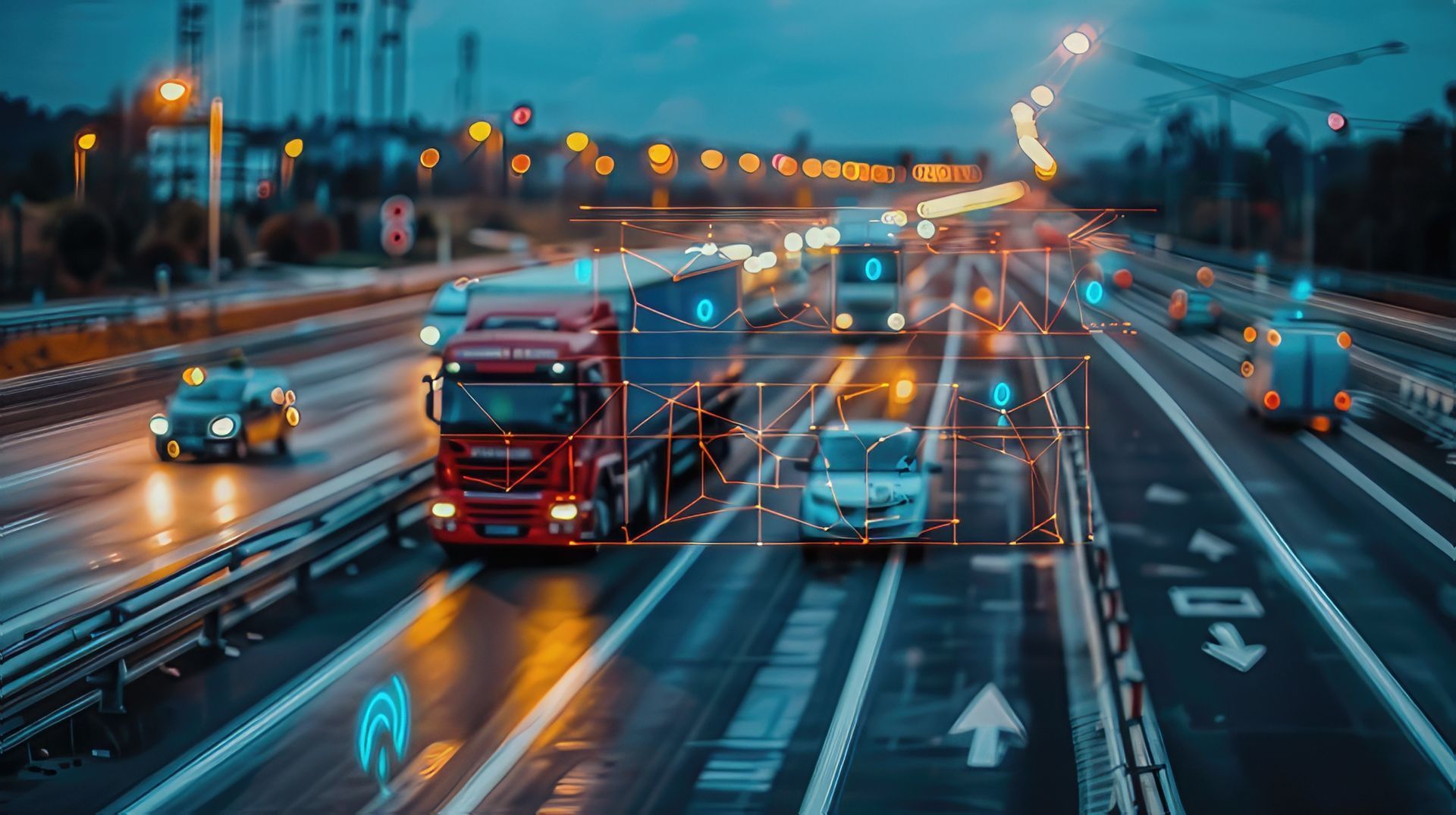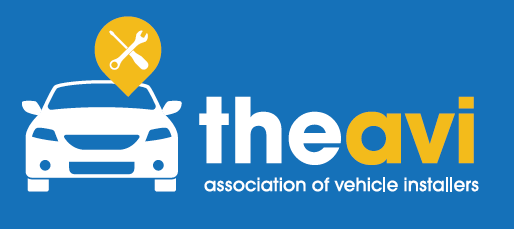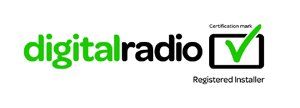01283 533330
We're great at what we do...
Manufacturers Warranty
All products we use are of the highest quality and come with a manufacturers warranty.
Installation Warranty
With our own fitting team, all our installations come with a 12 months warranty for peace of mind.
Out of Hours Service
We offer an out of hours service, this includes nights and weekends for your convenience.
AVI Accredited
All our installers are AVI accredited and therefore you can be assured of the highest quality fit every time.
Brands we work with...
Contact info
T: 01283 533330
SmartFits Installations Limited
4 Eastgate Business Centre,
Eastern Avenue, Burton.
DE13 0AT
© 2025
All Rights Reserved | Smartfits | Terms & Conditions

















